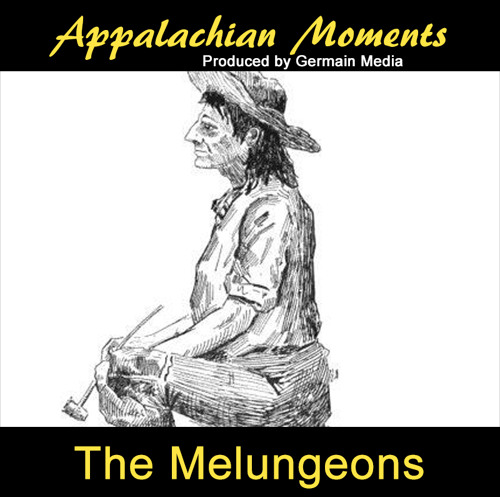New Appalachian Moments Blog Post by Scott Ballard
Author Roberta Estes states the first mention of term Melungeon was in 1810, listing them as neither Black nor Indian, but as “foreigners.”
The adjective most often attached to them is mysterious. An awesome alliteration: the mysterious Melungeons, with their dark, Mediterranean skin setting off startling blue eyes; fine, European features; with their high cheekbones and straight, black hair. The French found them in 1690 in the western Carolina mountains, puzzling at their claim to be “Portyghee.”
For years, varied and sometimes wild claims have been made about the origins of a group of dark-skinned Appalachians. Some speculated they were descended from Portuguese explorers, or perhaps from Turkish slaves or Gypsies.
In the 16th century Captain Juan Pardo and 200 soldiers from Spain and Portugal established a series of four or five forts in northern Georgia, western North Carolina, and eastern Tennessee, providing the Spanish with a base for colonization. Pardo then returned to Spain and brought back women and children. Some of these settlers migrated further inland and intermarried with Native Americans. The rest, as they say, is Melungeon history.
The Melungeons — clearly not Anglo, or Indian, or Black — were labeled in early 19th-century census reports as “free persons of color” or “mulatto,” thus they were denied the right to vote, attend school or even own property. Being mysterious became a lifestyle: In an effort to avoid racial discrimination, they stayed to themselves, taking on English and Scotch-Irish surnames like Collins and Kennedy, Campbell and Adams.
The Melungeons of Appalachia are the prototypic “melange,” or mixture, believing that they possess Spanish, Portuguese, North African, Turkish, Semitic, Native-American, African-American, and, yes, even Northern European bloodlines.
In Appalachia, to call someone a Melungeon was an insult; so, it’s no wonder that it was a term the Melungeons themselves avoided like the plague for years.
Among the famous who have been claimed by the Melungeons are Abe Lincoln who, allegedly had Melungeon heritage through his mother’s bloodlines. Other Melungeon researchers believe Elvis Presley and Ava Gardner share Melungeon genes.
A recent DNA study in the Journal of Genetic Genealogy attempted to separate truth from oral tradition and wishful thinking. The study’s finds were less than exotic.
Genetic evidence shows that the families historically called Melungeons are generally the offspring of sub-Saharan African men and women of Native American ancestry with a dash of Northern European thrown in for good measure.
Bottom line: We are just one global tribe. With that in mind we should probably take better care of our extended family than we do – regardless of our DNA!

